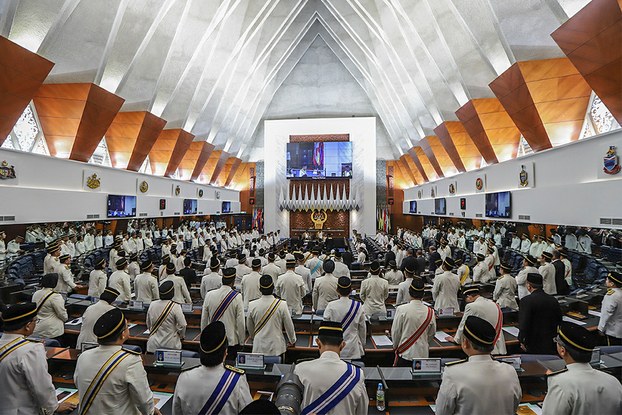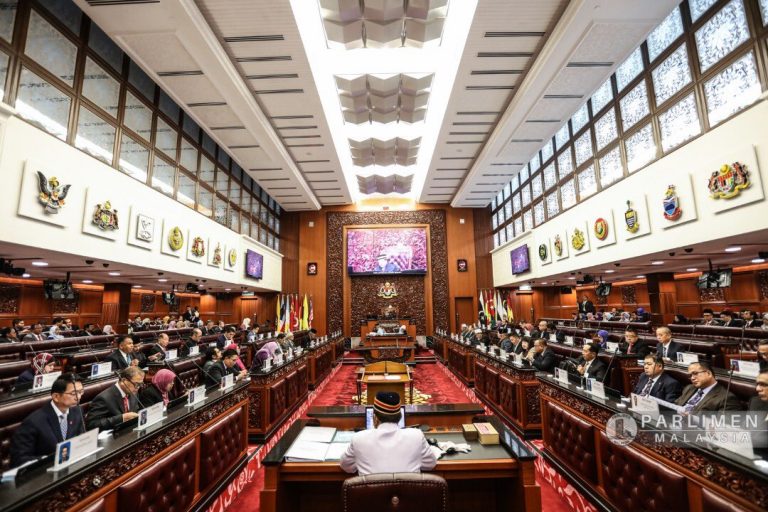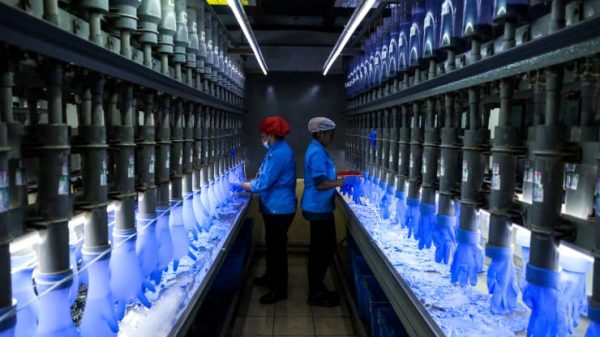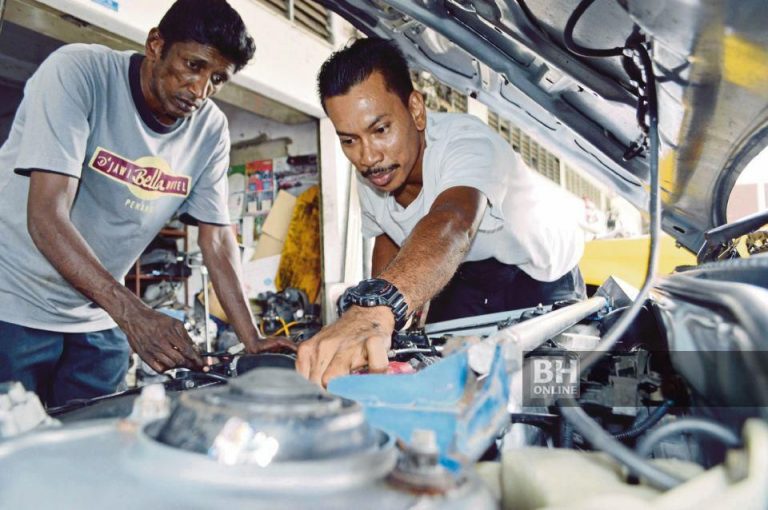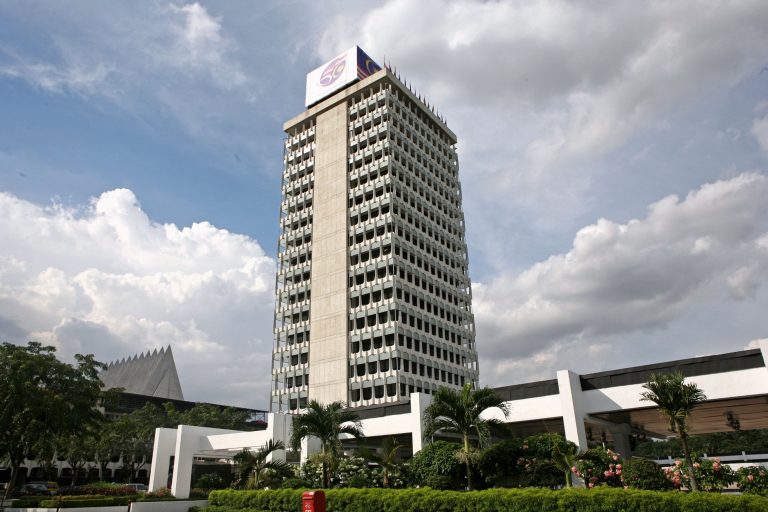Kebiasaan baharu Yang di-Pertua Dewan Rakyat
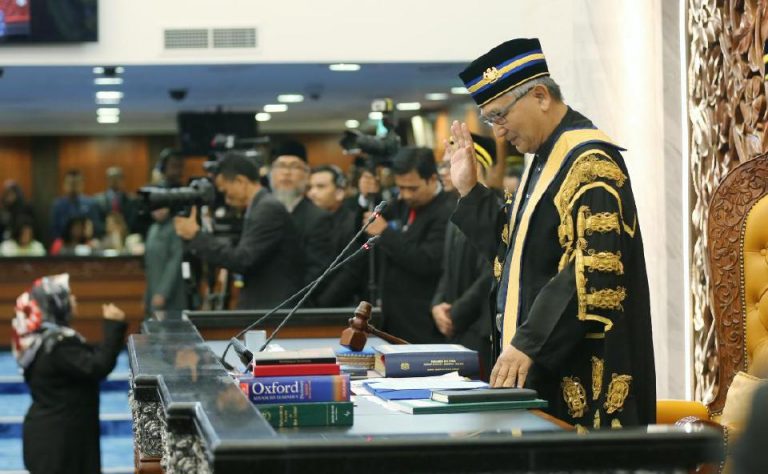
COMMENTARY INSTITUTIONAL REFORM DEMOCRACY good governance JULY 07, 2020 Kebiasaan baharu Yang di-Pertua Dewan Rakyat by FAKHRURRAZI RASHID [For English version please click here] Pada 27 Jun 2020 Yang di-Pertua Dewan Rakyat (YDPR) Mohamad Ariff Md Yusof mengesahkan Perdana Menteri Muhyuddin…

